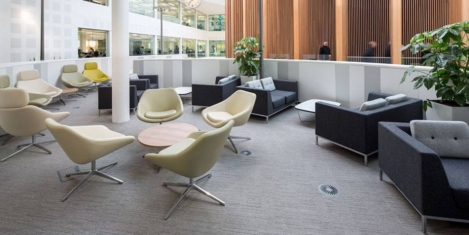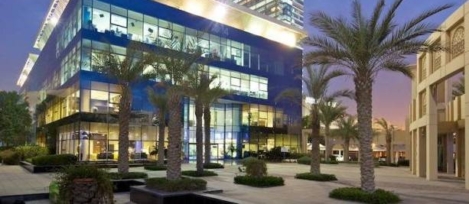October 18, 2016
UK large businesses are failing to create a culture of creativity and innovation 0
 A new study claims that the UK lags behind other European countries when it comes to fostering a culture of innovation at creativity at work. Whilst 63 percent of French employees and 57 percent of Spanish employees feel empowered to lead innovation and drive change, less than half (47 percent) of employees surveyed across the UK agree. In turn, this appears to be impacting morale; just 54 percent of employees in the UK said they feel inspired in the workplace compared to 74 percent in Spain, 73 percent in France and 66 percent in Germany. As businesses strive to stay ahead of the competition, making innovative use of technology is a top priority. However, the research commissioned by BMC and conducted by Opinion Life, suggests that businesses across the UK are struggling to foster an innovative culture fast enough and failing to capitalise on the creativity of their staff.
A new study claims that the UK lags behind other European countries when it comes to fostering a culture of innovation at creativity at work. Whilst 63 percent of French employees and 57 percent of Spanish employees feel empowered to lead innovation and drive change, less than half (47 percent) of employees surveyed across the UK agree. In turn, this appears to be impacting morale; just 54 percent of employees in the UK said they feel inspired in the workplace compared to 74 percent in Spain, 73 percent in France and 66 percent in Germany. As businesses strive to stay ahead of the competition, making innovative use of technology is a top priority. However, the research commissioned by BMC and conducted by Opinion Life, suggests that businesses across the UK are struggling to foster an innovative culture fast enough and failing to capitalise on the creativity of their staff.



































